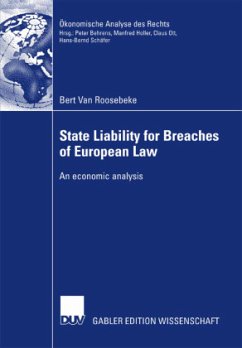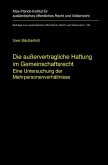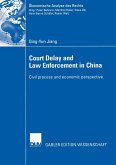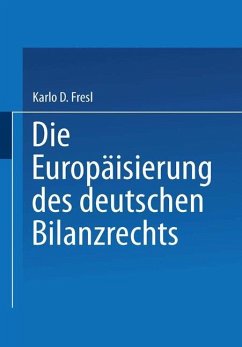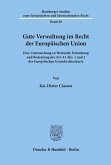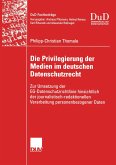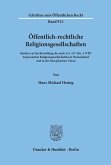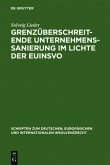In the European Union, member states not respecting European Law run the risk of being held liable in damages to citizens. As an alternative to this Francovich liability and on the initiative of the European Commission, the European Court of Justice may publicly fine states for breaching European Law according to Art. 228 of the European Community Treaty.
Using Law & Economics methods, Bert Van Roosebeke analyses non-contractual state liability in the European Union. He empirically explains differences in member states breaching behaviour and presents the state liability doctrine as developed by the European Court of Justice in a number of remarkable judgements. On the normative level, he embeds the issue of state liability in the existing Law & Economics literature and concludes that compliance is the true economic aim of state liability legislation. The author presents a comparative analysis of Francovich liability and public fining according to Art. 228 of the EC Treaty. He investigates the effectiveness of both private and public law enforcement mechanisms and on the basis of a model of political decision-making and the influence of state liability formulates improvements to the rules of state liability.
Using Law & Economics methods, Bert Van Roosebeke analyses non-contractual state liability in the European Union. He empirically explains differences in member states breaching behaviour and presents the state liability doctrine as developed by the European Court of Justice in a number of remarkable judgements. On the normative level, he embeds the issue of state liability in the existing Law & Economics literature and concludes that compliance is the true economic aim of state liability legislation. The author presents a comparative analysis of Francovich liability and public fining according to Art. 228 of the EC Treaty. He investigates the effectiveness of both private and public law enforcement mechanisms and on the basis of a model of political decision-making and the influence of state liability formulates improvements to the rules of state liability.

